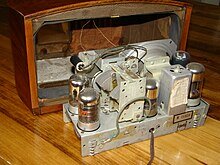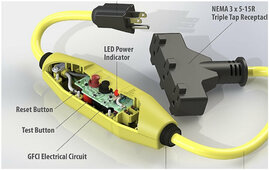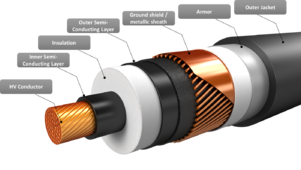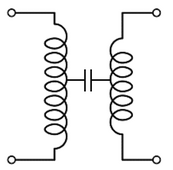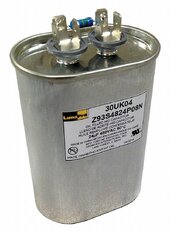Q-Dog
¯\_(ツ)_/¯
tl;dr: Is GFCI wanted or needed on a power cart used outdoors and indoors?
I have most of the components to put together a power cart but I have questions about GFCI. Is it necessary? We plan to drag this thing around the property and even into the shed for portable power.
Here is the dilemma: I thought I ordered an inverter with a built in GFCI, because I thought i would want/need the protection. It showed up without GFCI (one digit difference in the model number, ugh). Anyway. What do I need to worry about with a portable power cart and does the GFCI matter? I have contacted the vendor and they offered to swap it out but no idea what the shipping back and forth will cost me. I hate to go through the hassle if it doesn't matter.
I am planning a metal frame on wheels, wooden mounting board, batteries on the bottom, inverter, plug-in battery charger, and maybe a solar charge controller (since I may have a spare once we get our big panel array put up). Components: Victron 24/1200 inverter, victron IP22 8 amp charger, 100ah of cheap batteries, maybe a victron 100/20 SCC, plus whatever wire, fuses and disconnects necessary to connect everything.
Thanks.
I have most of the components to put together a power cart but I have questions about GFCI. Is it necessary? We plan to drag this thing around the property and even into the shed for portable power.
Here is the dilemma: I thought I ordered an inverter with a built in GFCI, because I thought i would want/need the protection. It showed up without GFCI (one digit difference in the model number, ugh). Anyway. What do I need to worry about with a portable power cart and does the GFCI matter? I have contacted the vendor and they offered to swap it out but no idea what the shipping back and forth will cost me. I hate to go through the hassle if it doesn't matter.
I am planning a metal frame on wheels, wooden mounting board, batteries on the bottom, inverter, plug-in battery charger, and maybe a solar charge controller (since I may have a spare once we get our big panel array put up). Components: Victron 24/1200 inverter, victron IP22 8 amp charger, 100ah of cheap batteries, maybe a victron 100/20 SCC, plus whatever wire, fuses and disconnects necessary to connect everything.
Thanks.




